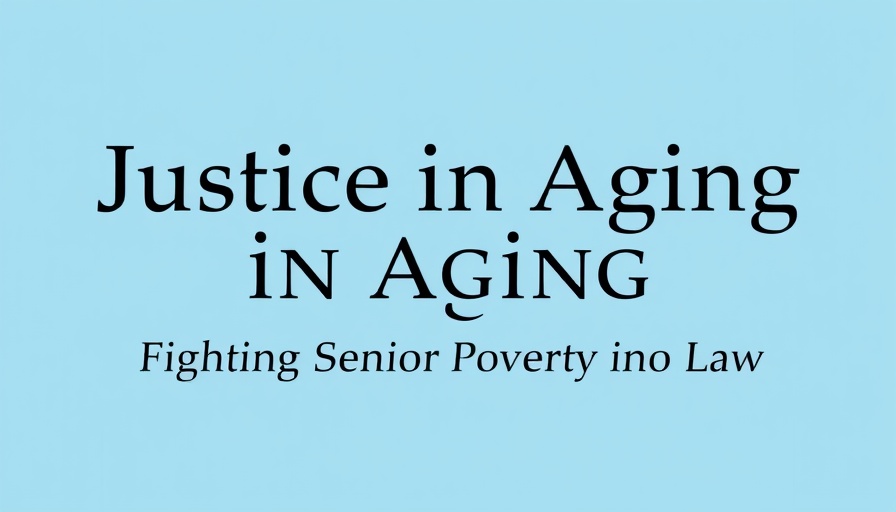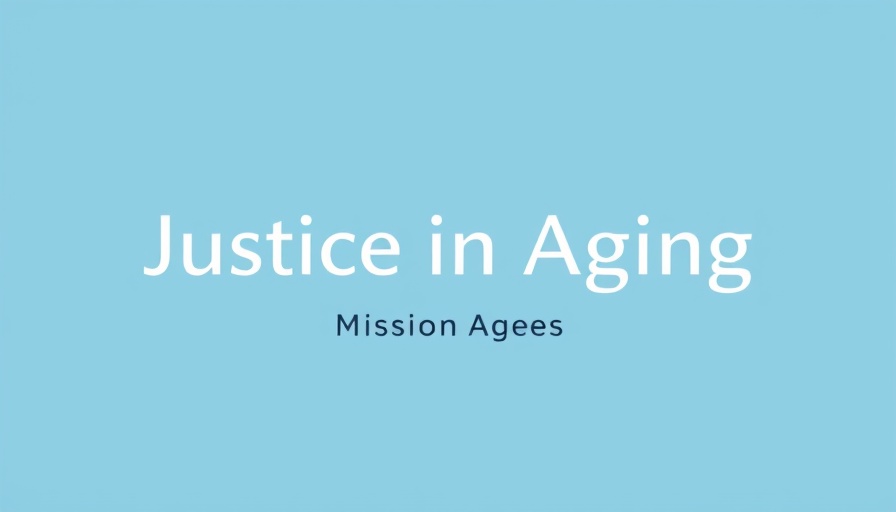
Broken Promises: Understanding the OBBBA's Impact on Medicare
In recent years, the promises made by Republican leaders regarding the preservation of Medicare have been shattered by the introduction of the "One Big Beautiful Bill Act" (OBBBA). While the GOP has assured the American public that they will not cut Medicare benefits, this new legislation directly undermines that commitment. In this article, we’ll explore the ramifications this bill poses, particularly for seniors and vulnerable populations, focusing on the cuts to Medicare eligibility and the potential loss of health security for millions.
The OBBBA: A Direct Attack on Medicare Eligibility
The OBBBA initiates a significant policy shift that could strip Medicare coverage from individuals with lawful immigration status. Historically, Medicare has been available to anyone who has paid into the system via Social Security and Medicare taxes. This proposed change not only deviates from established norms but raises ethical concerns as it denies benefits to those who have contributed to the system for decades. Such a move fails to reflect the core American values of fairness and equity.
Financial Strain: The Unaffordability Dilemma
For many low-income seniors, the implications of the OBBBA are dire. The act would halt essential streamlining measures that facilitate enrollment in Medicaid and Medicare Savings Programs (MSPs). As a result, an estimated 1.4 million low-income Medicare participants could lose vital cost-sharing assistance, which alleviates the burden of the monthly Part B premium. They may find themselves in a precarious position, choosing between healthcare and their basic needs.
The Risk of Increased Mortality Rates
Research indicates a troubling correlation between losing Medicaid and increased mortality rates among seniors reliant on Medicare. A recent study found that individuals who lost Medicaid coverage experienced a mortality increase ranging from 4% to 22%. The findings emphasize the critical interplay between affordable medication and health outcomes, particularly for those vulnerable populations who often face barriers to essential care. Without Medicare's integrated support, individuals are left to navigate a fragmented healthcare landscape.
Why Medicaid Matters for Long-Term Care
The reality is stark: most seniors depend on Medicaid for long-term care services, as Medicare alone fails to provide comprehensive coverage for such needs. Cuts to Medicaid as proposed in the OBBBA would not only jeopardize the continued access to critical long-term care but would also add financial distress for families already grappling with the complexities of elderly care. As the bill moves forward, questions arise as to who will be left to care for the aging population.
Political Promises vs. Legislative Reality
As we delve deeper into the bill’s provisions, the disconnect between political rhetoric and legislative action becomes glaringly evident. The OBBBA reflects a clear shift away from the commitment to support seniors and those living with disabilities, contradicting politicians’ pledges to uphold Medicare’s integrity. For seniors who have spent their lives contributing to and expecting these benefits, this represents a betrayal that could have long-lasting consequences.
What Can Seniors Do?
If you or a loved one is affected by these potential cuts, it’s vital to remain informed and vigilant. Engaging with local advocacy groups can help amplify the voices of seniors who will be impacted by the OBBBA. Mobilizing community support and pushing back against these proposed changes could protect vital health benefits. It’s also wise to review personal healthcare options and connect with financial advisors to strategize around potential healthcare costs in the future.
The OBBBA’s considerations set the stage for future conversations about the value of Medicare and the needs of America’s aging population. Seniors must not only be aware of these developments but also actively participate in dialogue surrounding healthcare reform.
Together, we can voice our concerns and protect the healthcare we deserve.
 Add Row
Add Row  Add
Add 




 Add Row
Add Row  Add
Add 

Write A Comment